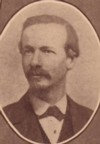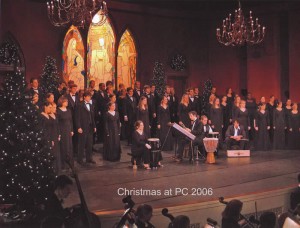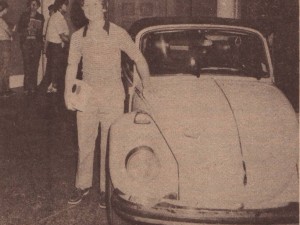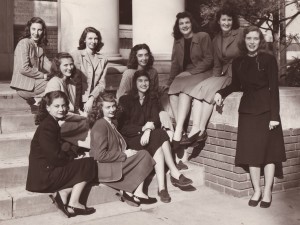Hard Times
April-May 2009
“We are confronted at this time with the most momentous question that Presbyterians have ever been called upon to answer-we shall either continue in the field of higher education, or we shall be forced to close our doors and turn the institution over to the bond-holders.” Dr. John McSween, Nov. 1929
With our country facing difficult economic times, we thought it might be interesting to look back at the Depression, and find out how the college managed to survive those tough times. – Read More –










